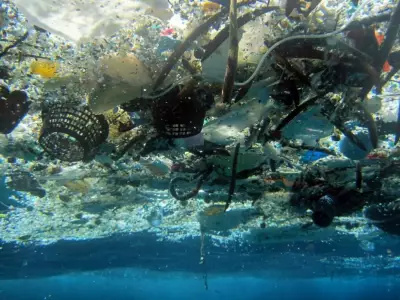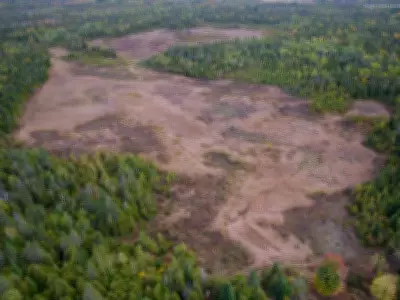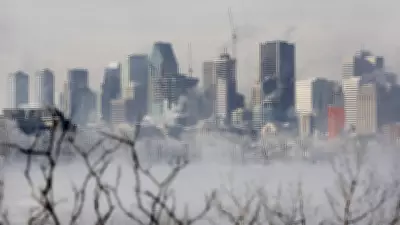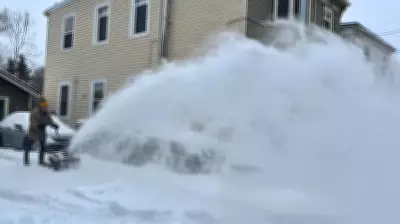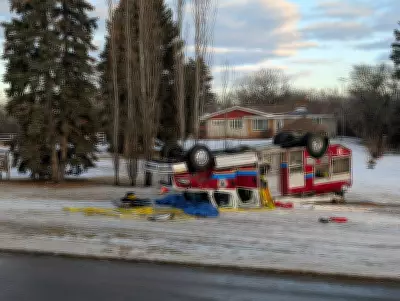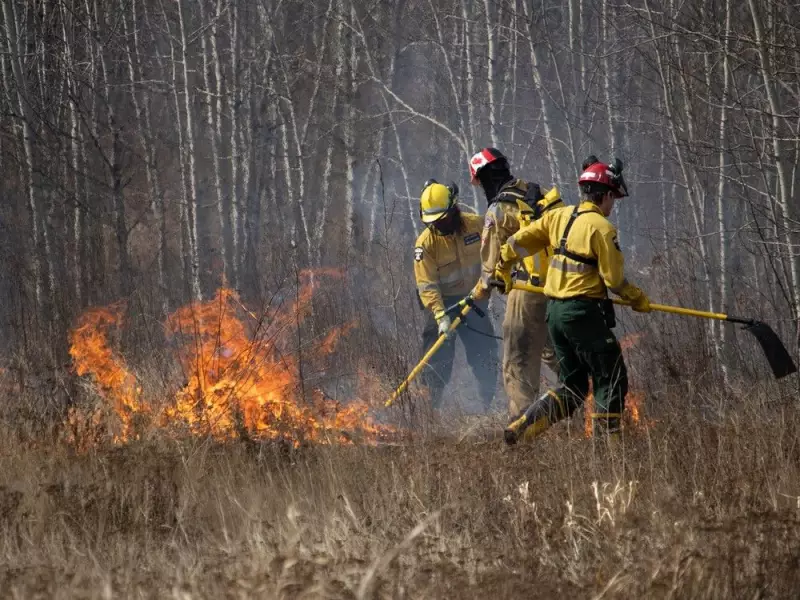
They race toward infernos when everyone else flees, battling walls of flame with little more than hand tools and courage. Yet Canada's wildland firefighters remain classified as "technical specialists" rather than first responders—a distinction that costs them crucial benefits, recognition, and protection.
The Dangerous Reality Behind the Title
While urban firefighters receive comprehensive benefits, mental health support, and competitive wages, their wildland counterparts operate under entirely different conditions. These frontline workers face extreme physical danger, psychological trauma, and grueling deployment schedules—often working 14-hour shifts for days on end in suffocating smoke and blistering heat.
"We're asking people to run into burning forests while telling them they're not first responders," says one veteran firefighter. "The cognitive dissonance is staggering."
What First Responder Status Would Actually Change
The classification isn't just about titles—it's about tangible support systems that could save lives and careers:
- Mental health coverage: Currently, many wildland firefighters struggle to access PTSD treatment and psychological support
- Fair compensation: Many earn less than $30,000 annually despite risking their lives
- Workplace safety standards: Proper equipment, training, and deployment protocols
- Career stability: Pathways to permanent positions rather than seasonal contracts
Why This Matters Now More Than Ever
With climate change accelerating wildfire seasons and increasing fire intensity, the demands on these brave individuals are growing exponentially. The 2023 Canadian wildfire season burned a record-breaking 18.5 million hectares—more than six times the annual average.
"We're sending our firefighters into increasingly dangerous conditions without giving them the support system they need to survive—both during the fires and after," explains an emergency services expert.
The Human Cost of Being Overlooked
Behind the policy debate are real stories of sacrifice and struggle. Many wildland firefighters describe returning from months on the firelines to financial instability, relationship strain, and untreated trauma. The lack of recognition compounds the difficulties they face when transitioning back to civilian life.
As one firefighter put it: "We protect communities, ecosystems, and livelihoods. All we're asking for is protection in return."
The movement to reclassify wildland firefighters is gaining momentum across provincial legislatures and Parliament Hill. With another intense fire season approaching, the time for action may finally be here.

